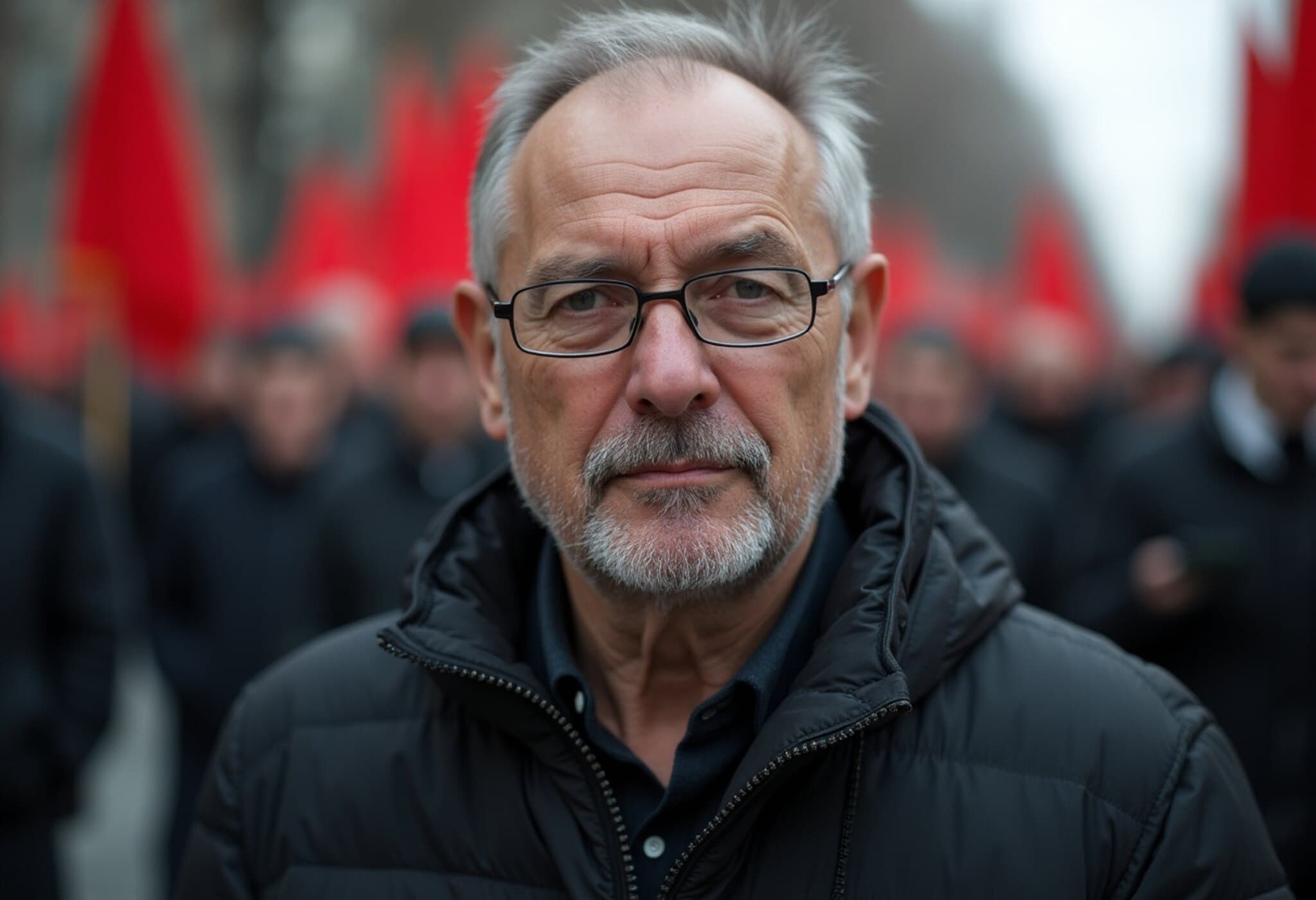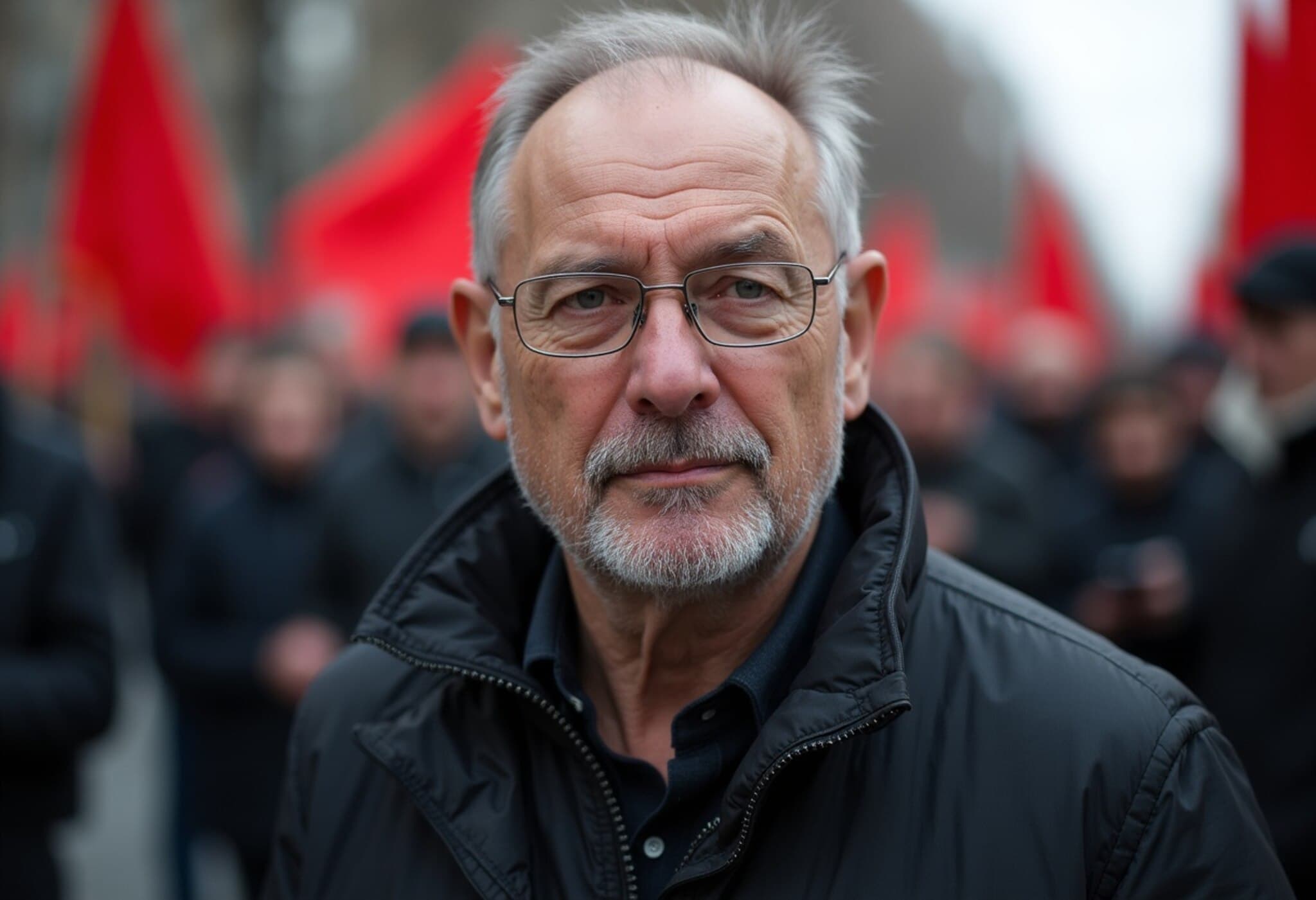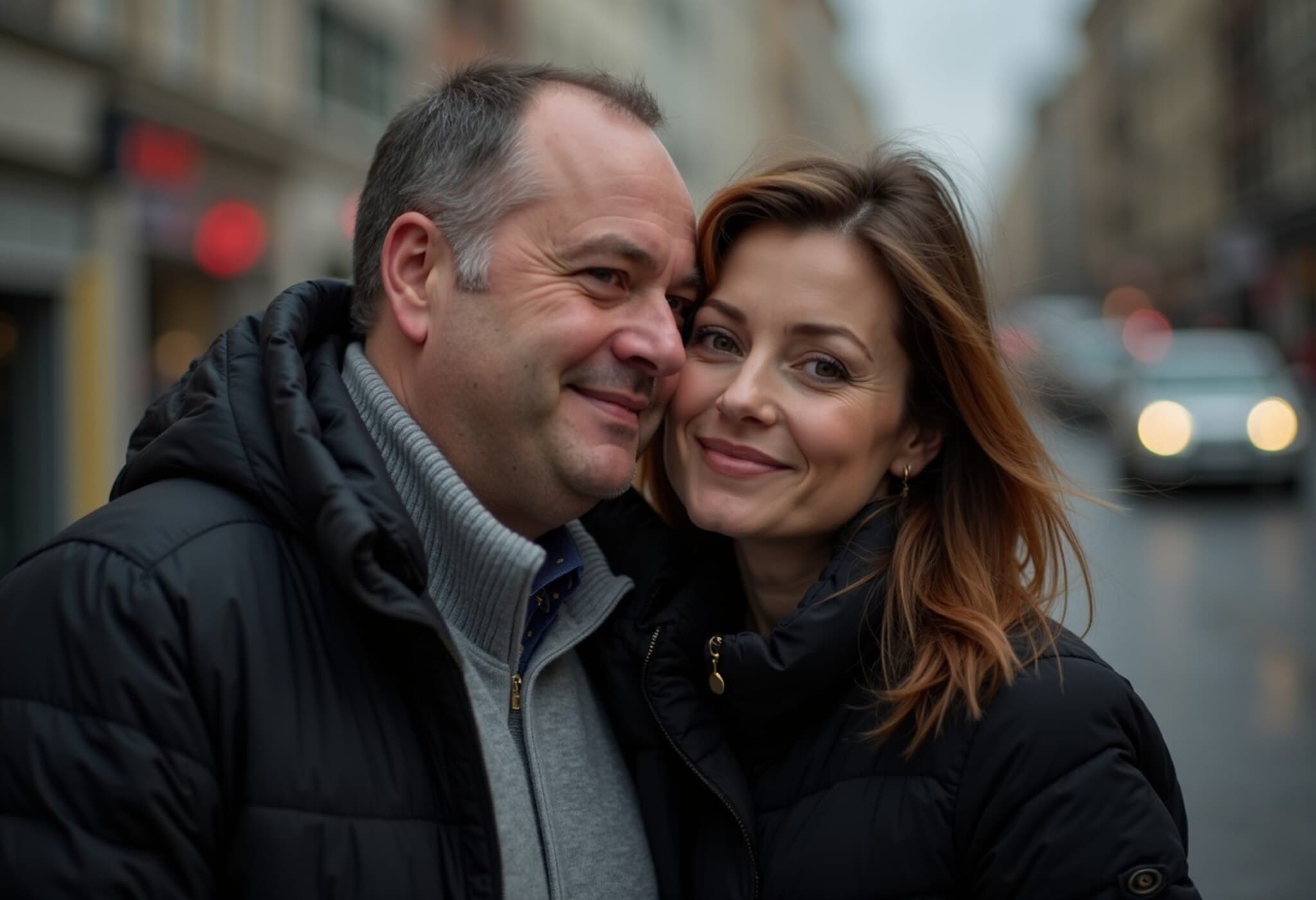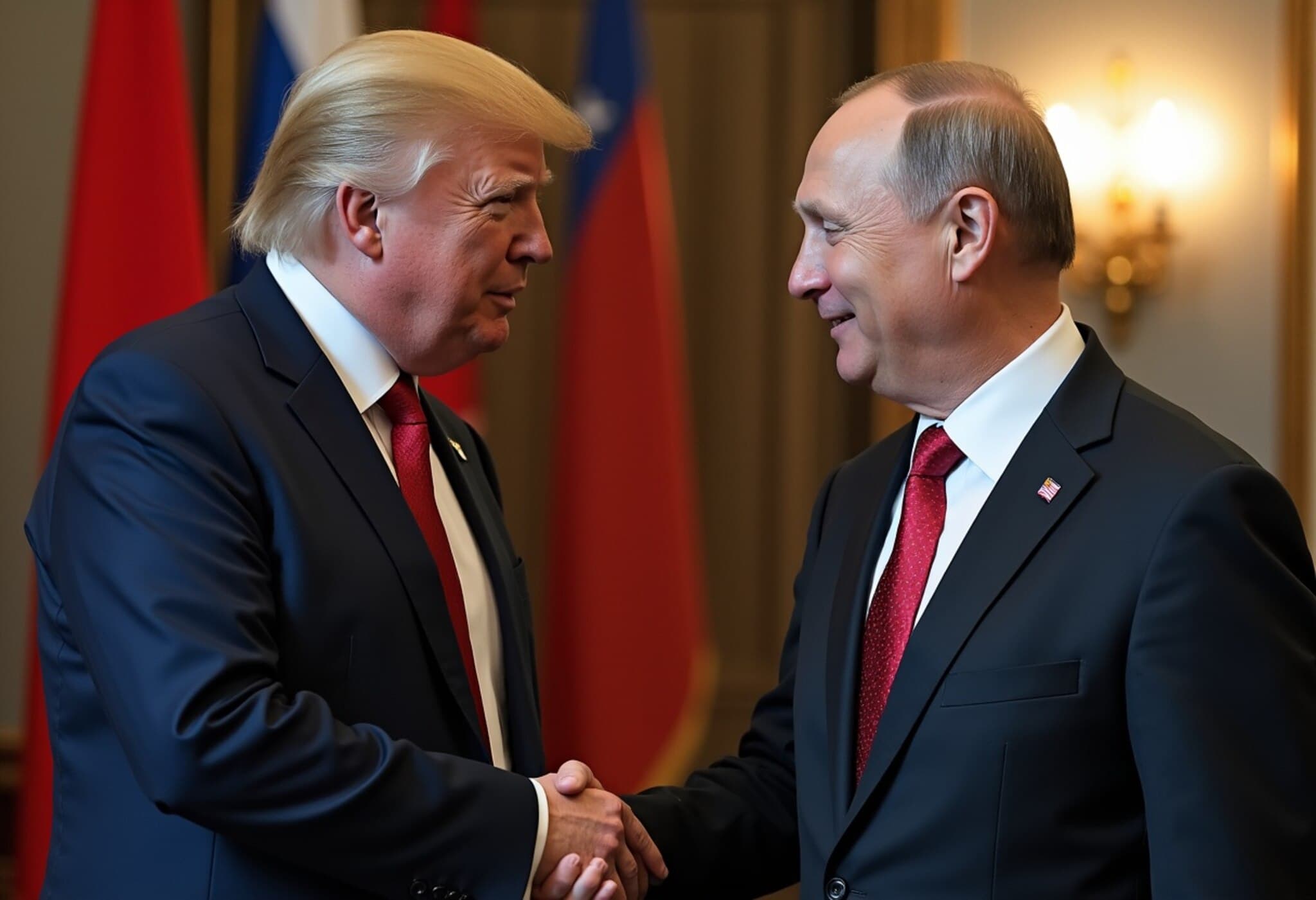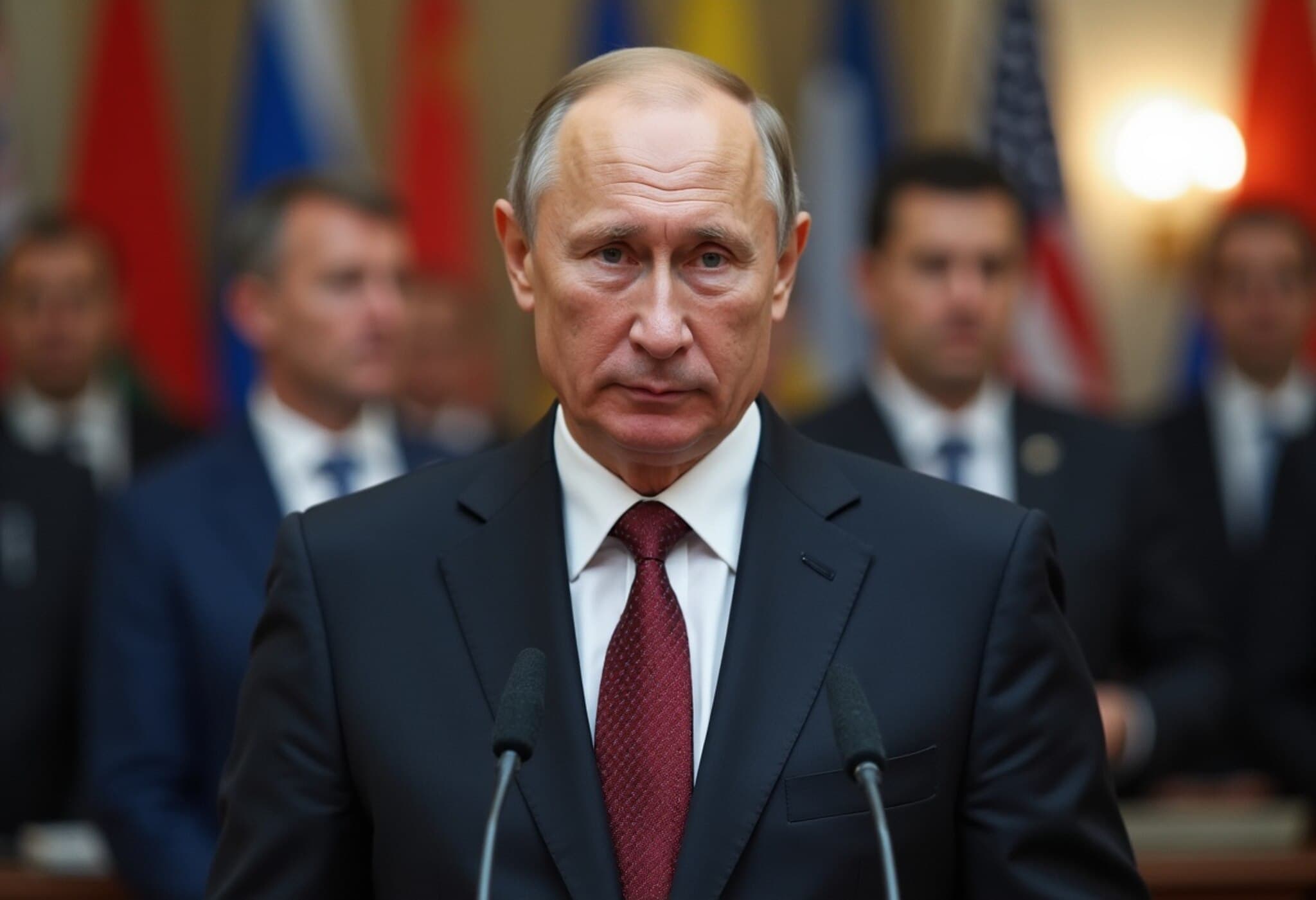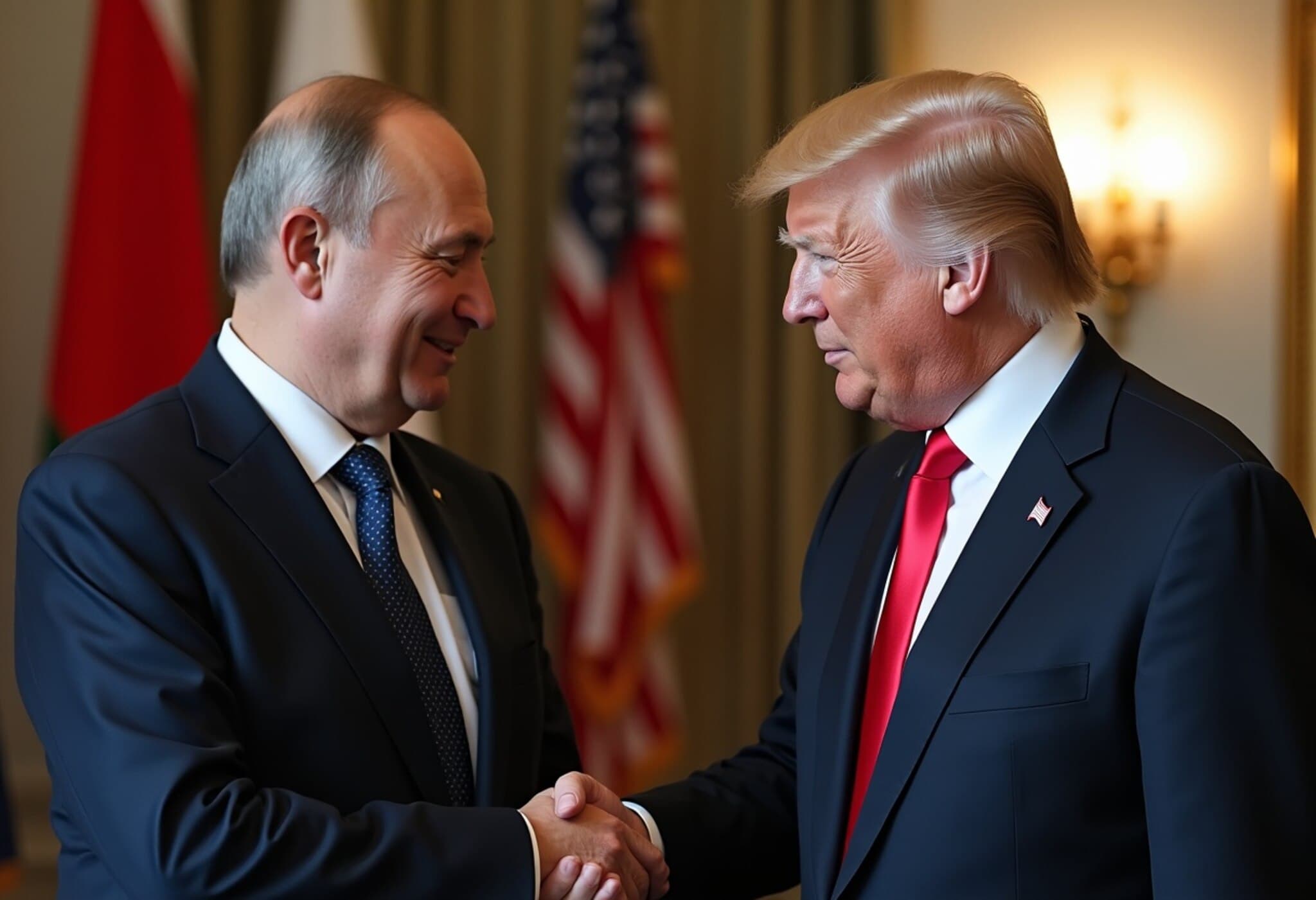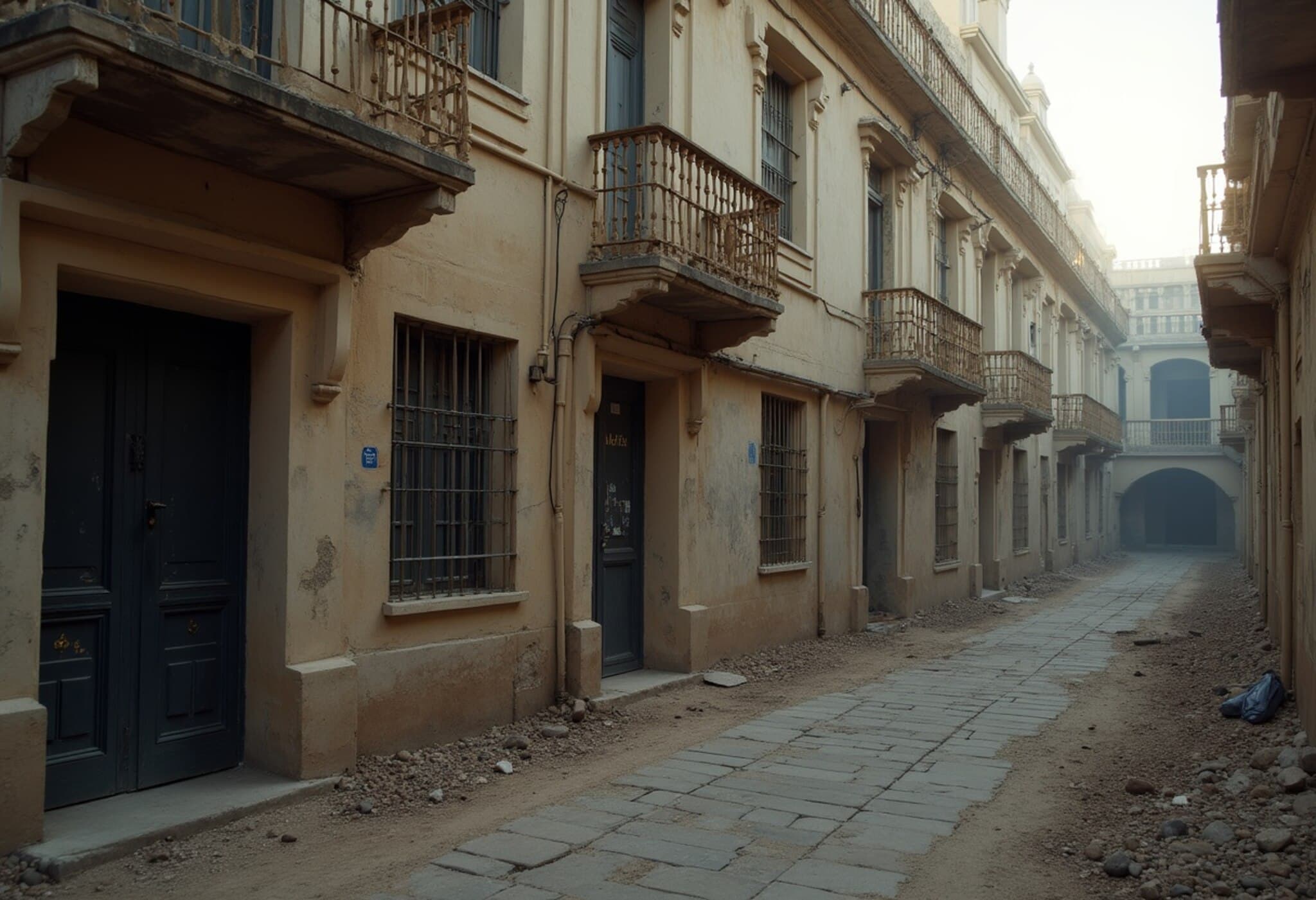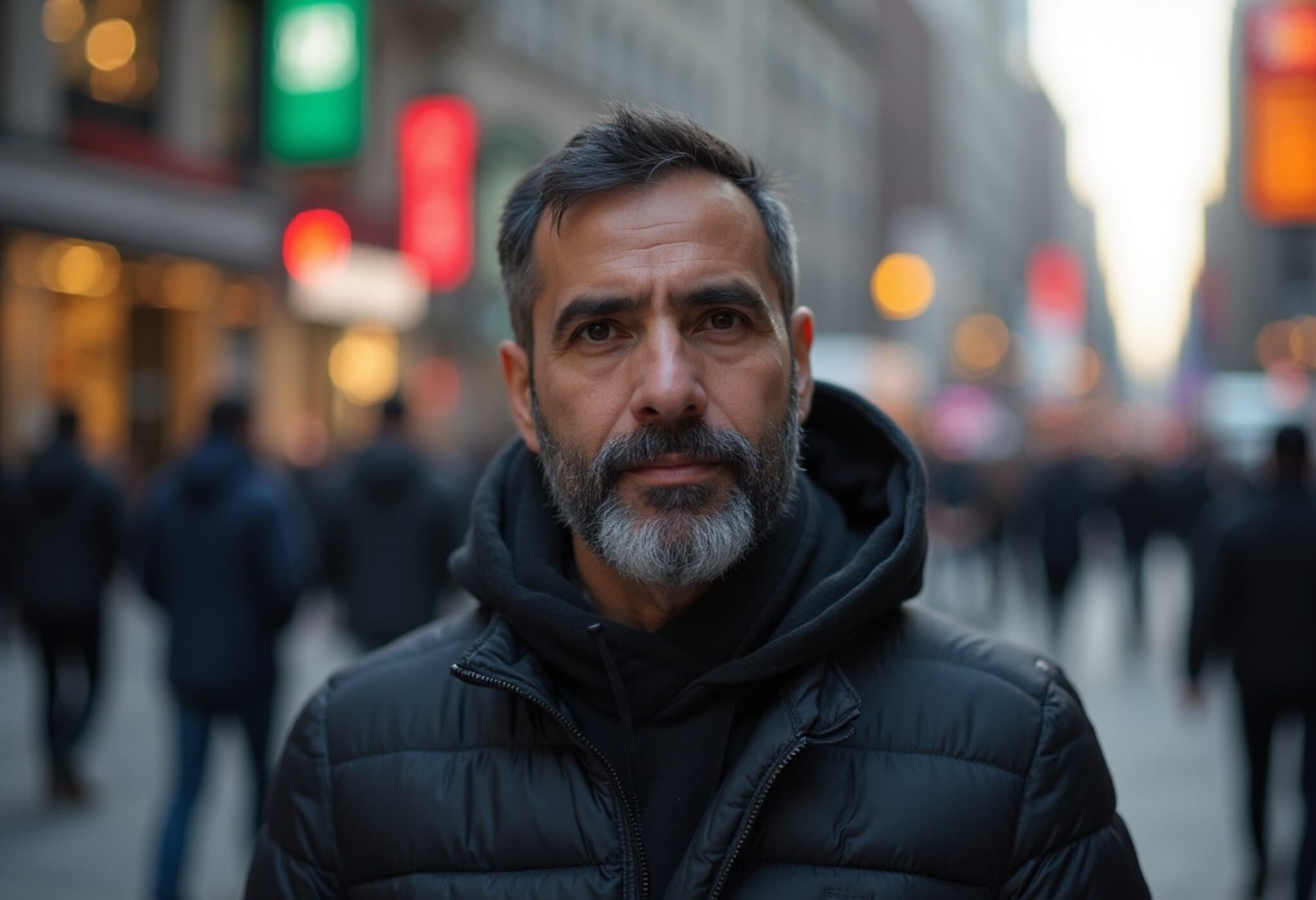Belarus Frees Key Opposition Figure Following Diplomatic Talks
In a surprising turn of events, Belarus has released Siarhei Tsikhanouski, a prominent opposition activist and husband of exiled opposition leader Sviatlana Tsikhanouskaya. The release came shortly after a rare visit to Minsk by a senior US envoy, signaling a possible shift in Belarusian political dynamics.
Tsikhanouski's Release and Arrival in Lithuania
Tsikhanouski, who had been imprisoned since 2020 on charges widely considered politically motivated, arrived in Vilnius, Lithuania, alongside 13 other political prisoners. His wife’s team confirmed the news, highlighting a moment of relief and hope amid ongoing political repression.
A video shared on Sviatlana Tsikhanouskaya’s official Telegram showed him stepping off a white minibus, sporting a shaved head and a broad smile. Their emotional reunion was marked by applause from supporters as Tsikhanouskaya expressed, "My husband is free. It’s difficult to describe the joy in my heart." However, she emphasized that their fight continues, with over 1,100 political prisoners still detained in Belarus.
Background: Tsikhanouski and Belarusian Political Repression
Tsikhanouski had planned to challenge President Alexander Lukashenko in the controversial 2020 presidential election before his arrest. Subsequently, Tsikhanouskaya ran in his place, quickly becoming a leading voice for democratic change and drawing significant public support, which led to mass protests across the country.
Despite Lukashenko securing a sixth term amid accusations of election rigging by the opposition and international observers, protests were met with harsh crackdown. Tsikhanouski was sentenced to nearly 20 years for allegedly organizing mass riots.
Other Political Prisoners and Journalists Still Behind Bars
While Tsikhanouski’s freedom marks a critical milestone, many notable dissidents remain detained. Among them:
- Ales Bialiatski, Nobel Peace Prize laureate and human rights advocate serving a 10-year sentence on politically charged accusations.
- Viktor Babaryka, a former banker and perceived main rival in 2020 elections.
- Maria Kolesnikova, a key protest leader from the 2020 unrest.
In addition, longtime journalist Ihar Karnei, formerly with Radio Free Europe/Radio Liberty (RFE/RL), was also released. Karnei faced a three-year sentence on extremism charges after continuing to report despite mounting government repression. RFE/RL’s Belarusian service had been branded "extremist," effectively criminalizing its content and operations.
Karnei’s detention included several raids and arrests, notably in July 2023 when his home was searched. His release was acknowledged with gratitude, underscoring the risks journalists endure in Belarus.
Additional Releases and International Reactions
Belarus also freed Allan Roio, an Estonian citizen who had founded an NGO aiding Belarusian refugees. Roio was arrested in January 2025 and sentenced to six and a half years for allegedly establishing an extremist group.
This wave of releases closely followed the meeting in Minsk between President Lukashenko and the US envoy responsible for Ukraine affairs, Keith Kellogg, hinting at potential diplomatic negotiations impacting the political prisoner situation.
Ongoing Challenges
Despite these recent developments, the broader struggle continues. Thousands remain imprisoned, and the opposition’s quest for democratic reforms faces persistent obstacles. Tsikhanouskaya and her allies maintain their commitment to justice and reform as they navigate this complex political landscape.

